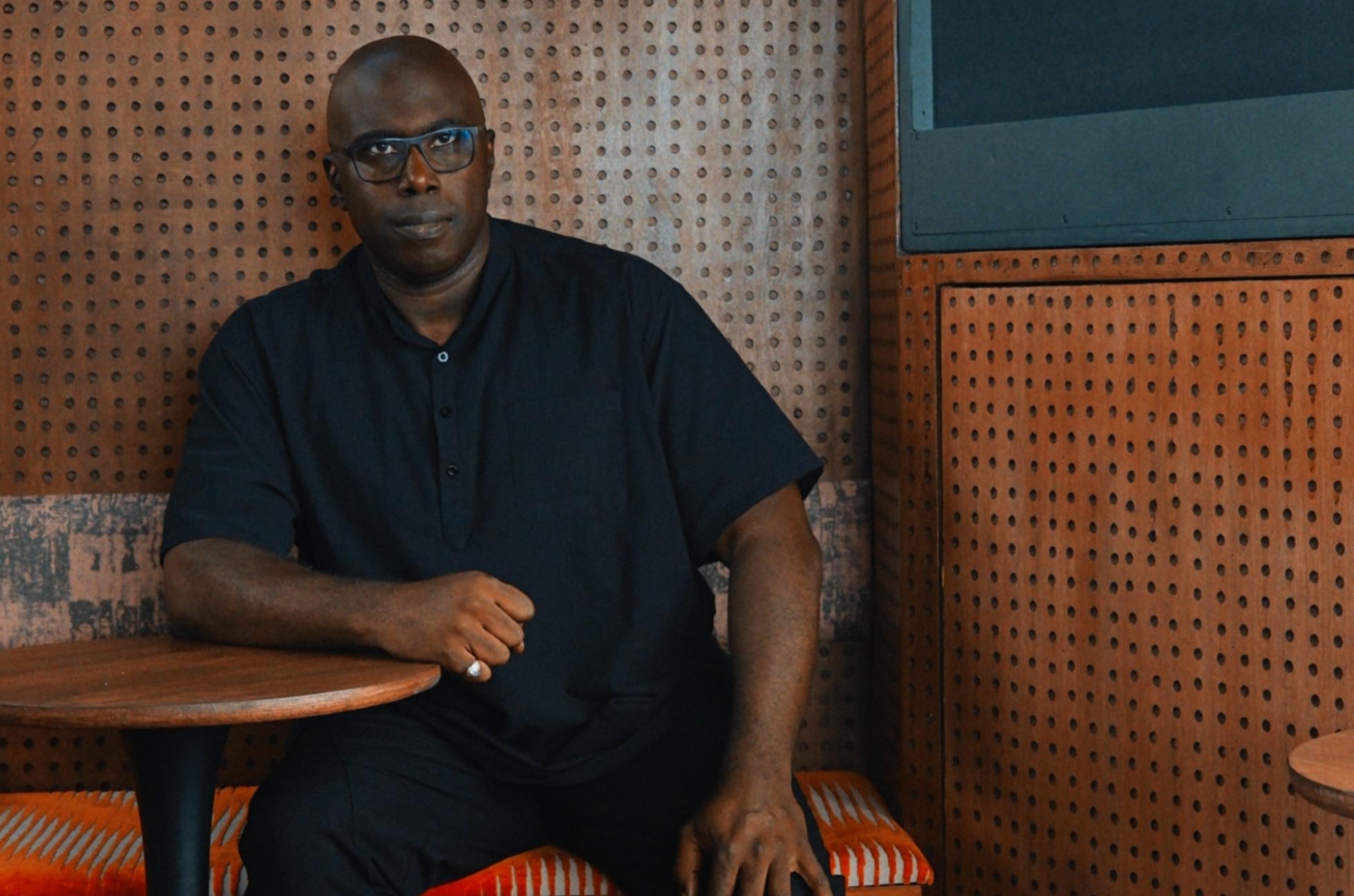 Interviews
Interviews
Fred P creates from feeling, not form
With 'Neon Futures' on the horizon and a Hong Kong set incoming, the artist speaks on creative purpose, spiritual groove, and staying true to the soul of house
Few artists in electronic music embody the spirit of true artistic service quite like Fred P.
With over two decades of deeply intentional sonic exploration behind him, Fred—also known as Black Jazz Consortium—has cemented his place as a singular voice in the global house and techno community. Unbound by formal training, his music flows from intuition and lived experience, shaped by a belief that sound is a direct line to the soul.
Whether behind the decks, in the studio, or through his labels Soul People Music, Private Society, and Collective Resource, Fred's mantra remains clear: “My service is to the music, and the music is for the people.”
As he prepares to bring his hypnotic, soul-stirring sound to Hong Kong on April 26, we caught up with Fred for a rare and open conversation. Touching on everything from the spiritual philosophy behind his work, his upcoming album 'Neon Futures' and even his thoughts on the scene in Asia, this interview goes beyond the usual to offer a window into the mind of a modern-day sonic alchemist.
In this conversation, Fred P speaks on legacy, experimentation, community, and the deeper purpose of music, offering wisdom for both seasoned heads and curious newcomers alike.
Take our word for it—this read hits deep.
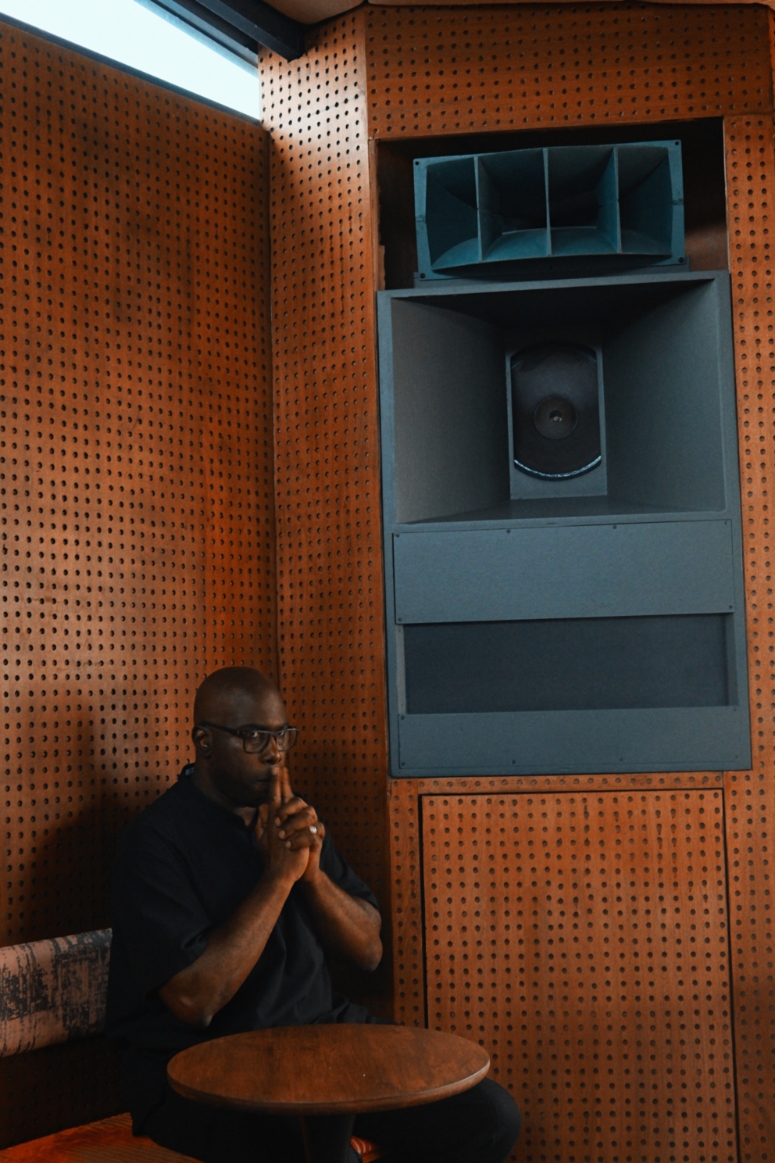
Fred, you’ve spoken about your mission to “raise the vibrations of all who would listen”—a beautiful and intentional way to describe what you do. How has that mission evolved over the years, especially now with everything you’ve experienced personally and creatively?
Thank you. Over time, I’ve learned to strip away the non-essential and focus purely on the core of what matters, truth, intention, and emotional transmission. Raising vibrations isn’t just a goal anymore; it’s a lifestyle. Every experience, personal or creative, deepens that purpose.
You've launched platforms like Soul People Music, Private Society, and now Collective Resource—each a space for sonic freedom. What role do these imprints play in your overall mission as an artist, and how do you decide what music lives where?
Soul People Music was the beginning, a foundational umbrella where I wrote and released my first 10 vinyl records. That catalogue still resonates, partly because many B-sides were never digitised. Private Society is about now; real-time, direct communication and artistic freedom, something unthinkable back in the ’90s. Collective Resource is the future. It’s where heritage, authenticity, culture, and collaboration meet. It’s not just music, it’s technology, books, records, and events. My aim is to build platforms that offer both sonic beauty and meaningful community. And honestly, we’re just getting started.
Looking back, which do you feel has evolved more: your own music or the scene around you, and how do those shifts influence or challenge you as an artist today?
Both have evolved in tandem. I do my best to move the needle forward, though it’s hard to be objective about yourself. What I’ve noticed is a growing desire for music that uplifts and energises. For me, the journey has always been about storytelling, and that remains the most powerful element of what I do.
Can you describe how you approach the architecture of a track—where does a Fred P composition begin, and how does it evolve?
It usually begins with a feeling that lingers, something unspoken that needs form. I never force it. If I get out of the way and follow the sound, it often reveals itself like a photograph developing in slow motion. Not always, but that’s the magic when it happens.
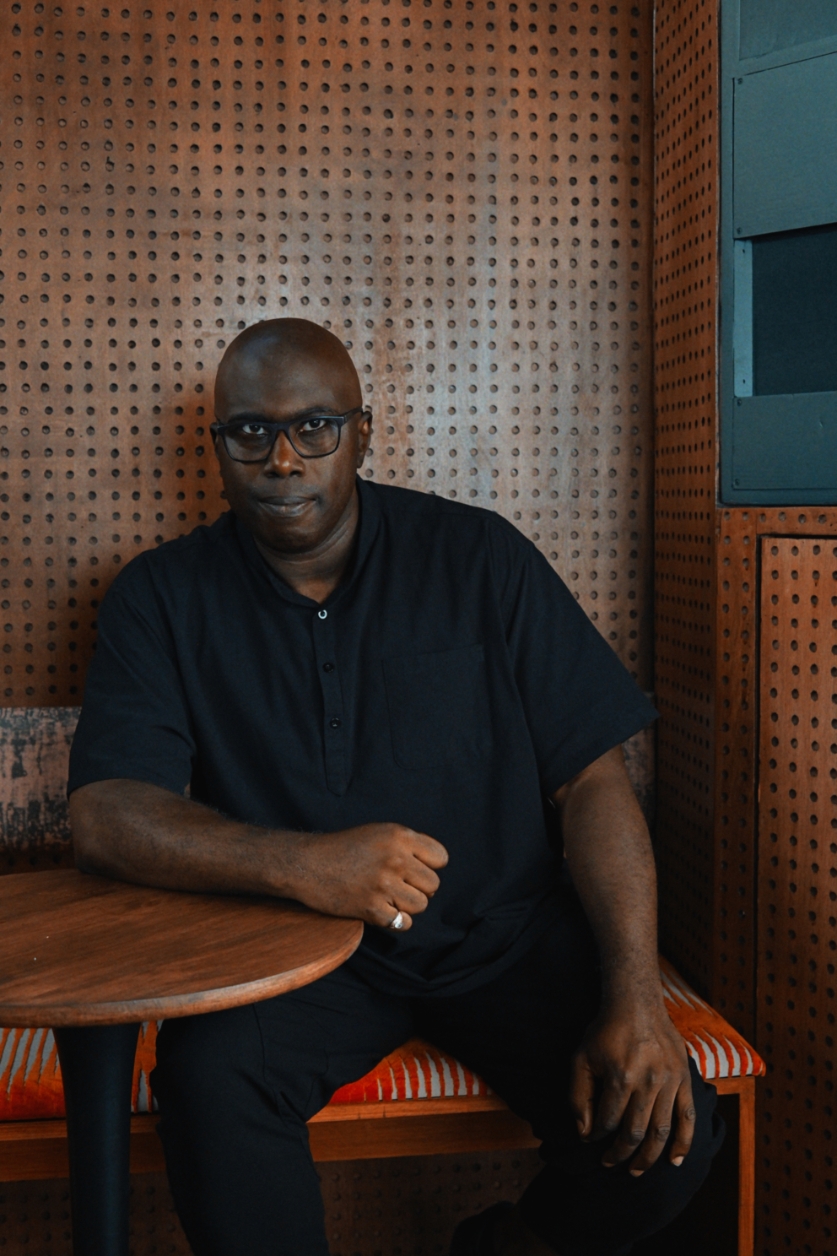
Let’s talk about your new album. The title ‘Neon Futures’ is intriguing—how does that tie into the sonic identity of the record?
'Neon Futures' is a prime example of what Private Society stands for—global sound with a personal core. These tracks were recorded in different corners of the world and reflect the journey I’ve shared with my audience. It’s my way of reporting back through sound. It’s a love letter to those who’ve supported me unconditionally.
How does the concept of ‘Neon Futures’ reflect your vision for deep house today? Is this release a commentary on where the genre is heading, or more of a personal statement on your evolution as a producer?
This album isn’t trying to predict the genre’s future, it’s documenting my present. It’s not just about the club. It’s about life. The colours, textures, and moods you hear are reflections of where I am spiritually and emotionally. It’s personal, but that’s exactly why it connects.
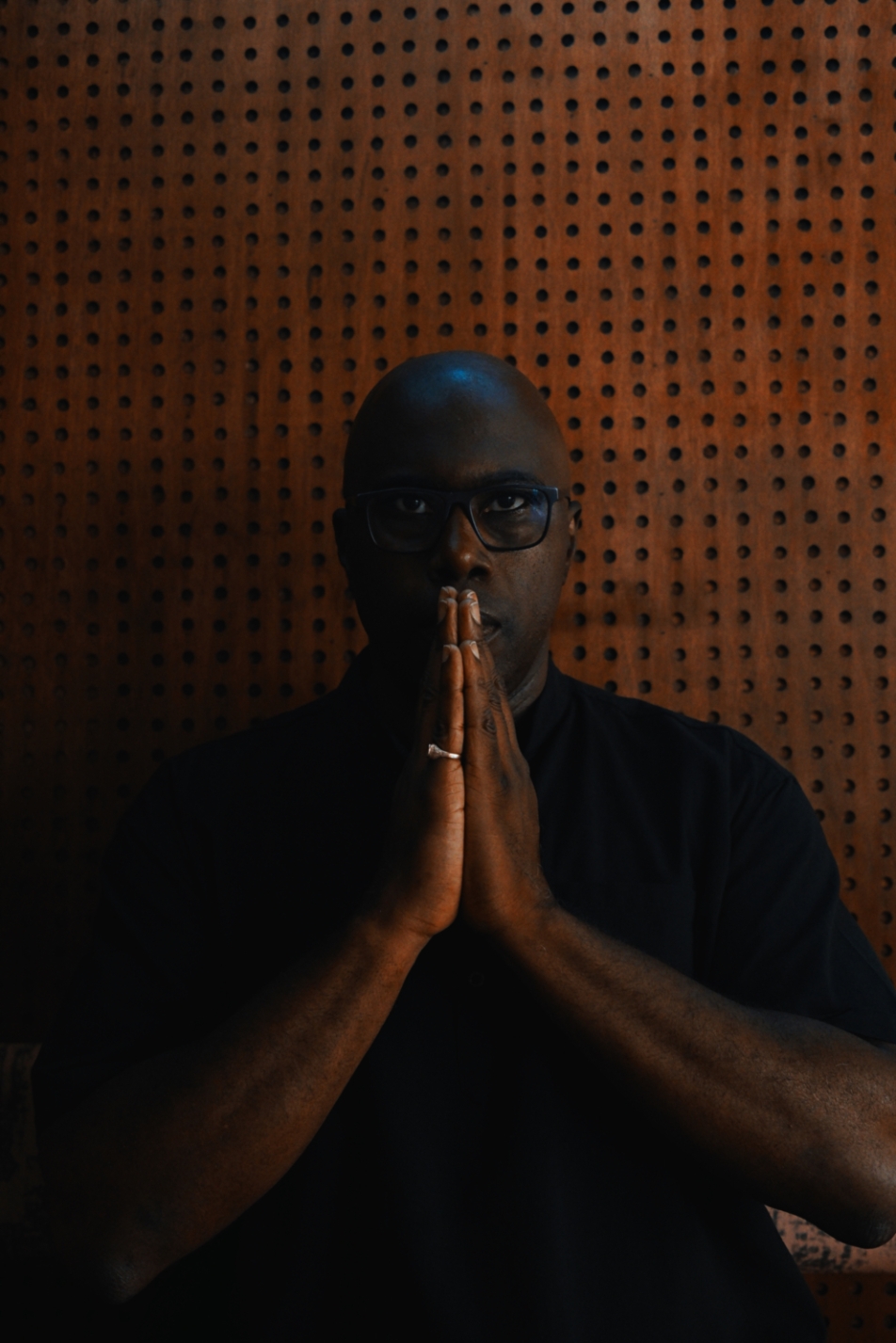
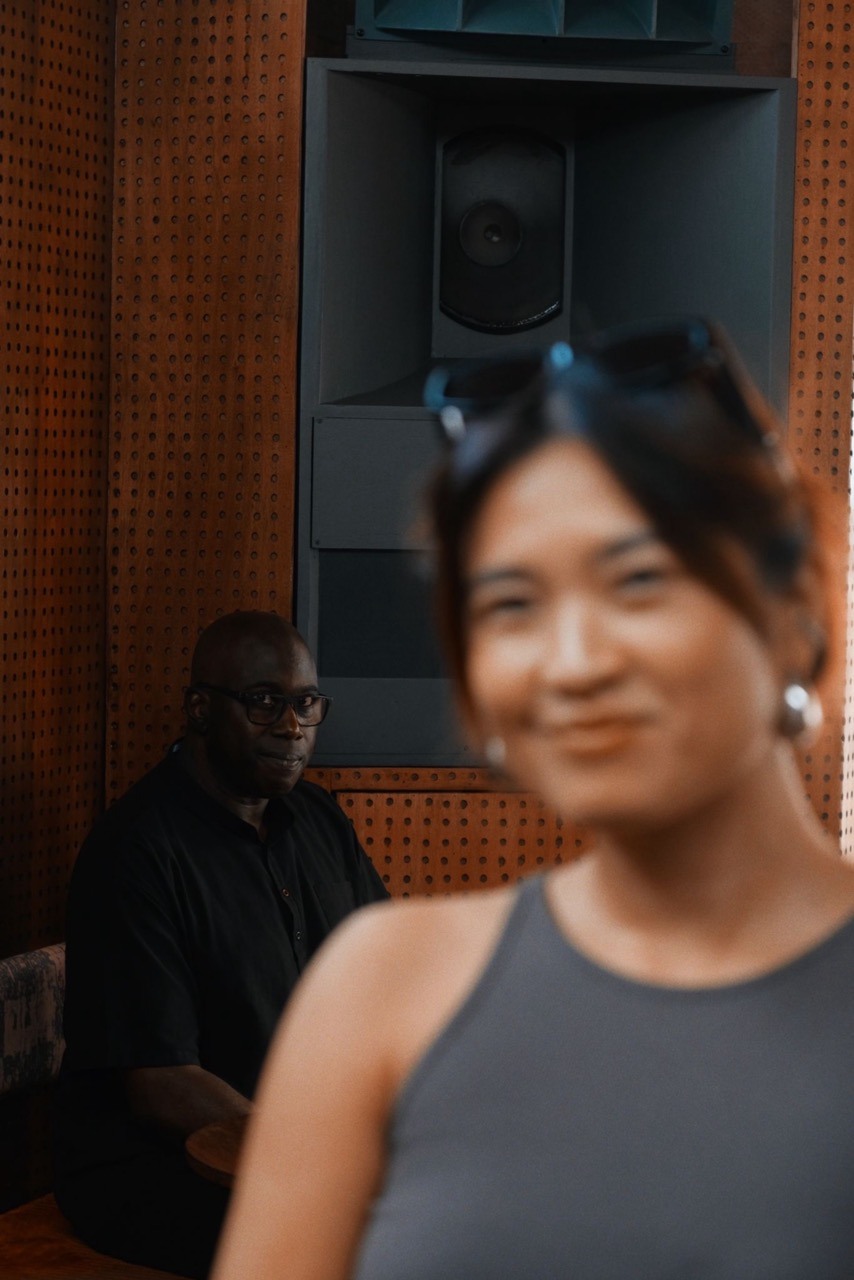
For those just starting out without traditional/classical training like yourself, what advice would you give about cultivating a voice in music that’s deeply personal and powerful?
Embrace your uniqueness fully. You don’t need a formal background, what you need is consistency, curiosity, and courage. Whether your voice comes fast or slow, if it fills you with joy, you’re on the right path. Don’t rush. Just keep creating.
We heard you've been spending some time around Southeast Asia, especially in Bangkok. Are there any sounds, artists, or scenes here that are resonating with you in a new way?
BEAM has that raw underground energy I really connect with. One of my favourite spaces so far is Salon Kiku, run by Pam Anantr—she is truly one of the kindest and most inspiring people I’ve met since arriving.
My press photos were taken there by Rui Rodrigues, and through both of them, I’ve been introduced to different layers of the Bangkok creative scene. Rui was actually the one who put me on to Maru Maru Pizza in Ekkamai, great food, and tucked in the back is a class A sound system and a cosy sound bar that really holds a vibe. It’s the kind of place where people gather around music in an organic way.
Pam has been generous with recommendations and insights into the local culture. She’s pointed me toward some incredible collectives like More Rice, Kangkao, Transport, and Romrom, each with their own energy, from minimal to techno, house, and global sounds. She also mentioned bands like Paradise Molam International and Apichat Pakwan, blending traditional Thai sounds with a contemporary edge.
There are still places I’m looking forward to checking out Studio Lam, Bar Temp, Synap Home/Lab, Warehouse Taladnoi, and Goja, all of which Pam says are vital parts of the scene here. And on my own, I’ve been digging through vinyl at Zubaidah Records in Lat Phrao—scored some George Duke and Return to Forever there, real gems.
The energy in Bangkok feels alive and full of possibility. Something special is taking shape, and I’m grateful to be present for it.
Last but not least; for someone who's never experienced a Fred P set, what should they expect from this upcoming show in Hong Kong—not just sonically, but emotionally or spiritually?
Expect a journey. Deep, diverse sounds across a spectrum that moves the body and stirs the soul. It’s a party, but also a ceremony of groove. Come open, come ready, and let the music do what it does.
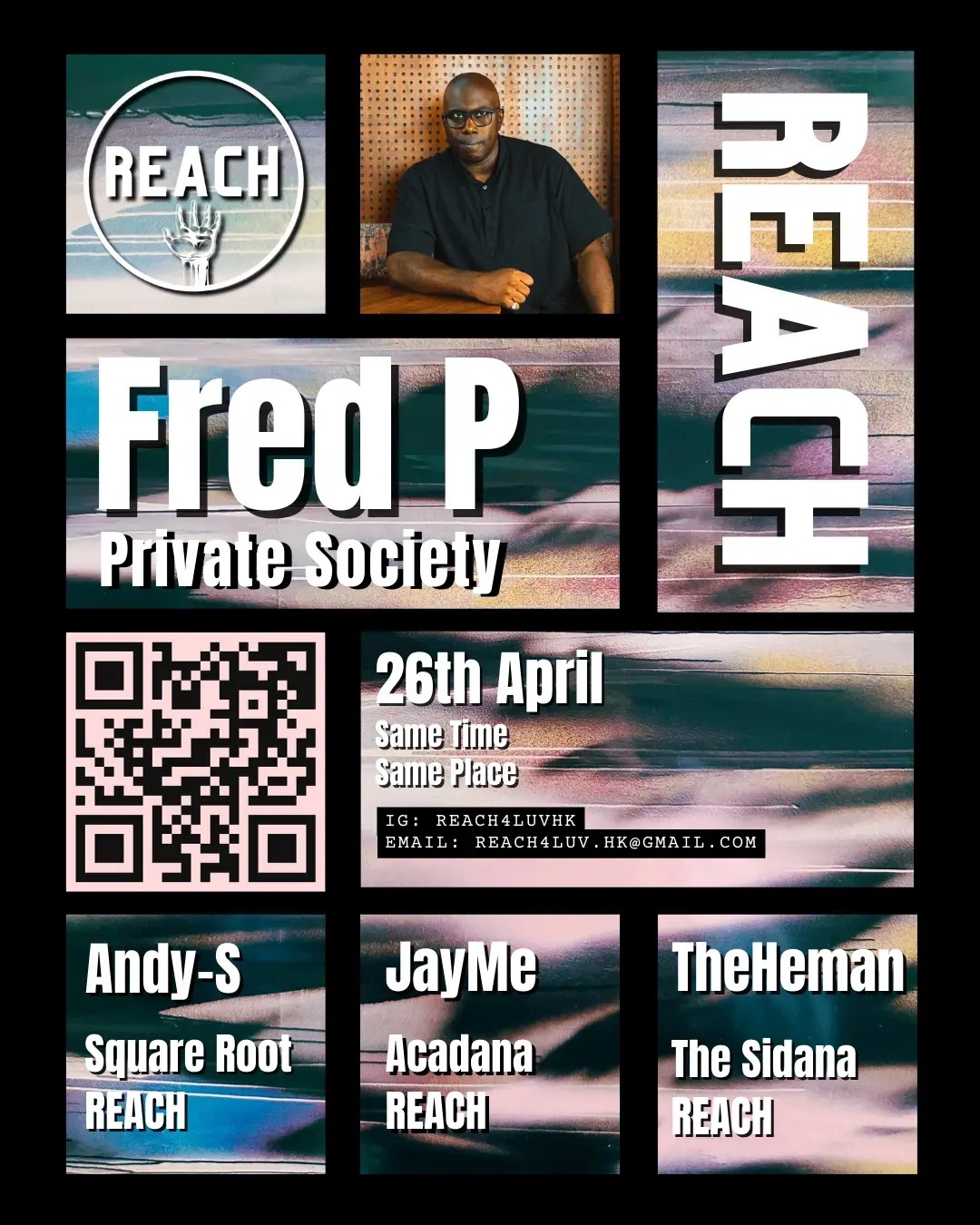
Fred P will be performing in Hong Kong on April 26 at Acadana via invitation of Reach; secure your passes here.
'Neon Futures' is out now, purchase here.
Amira Waworuntu is Mixmag Asia’s Managing Editor, follow her on Instagram.
Cut through the noise—sign up for our weekly Scene Report or follow us on Instagram to get the latest from Asia and the Asian diaspora!


